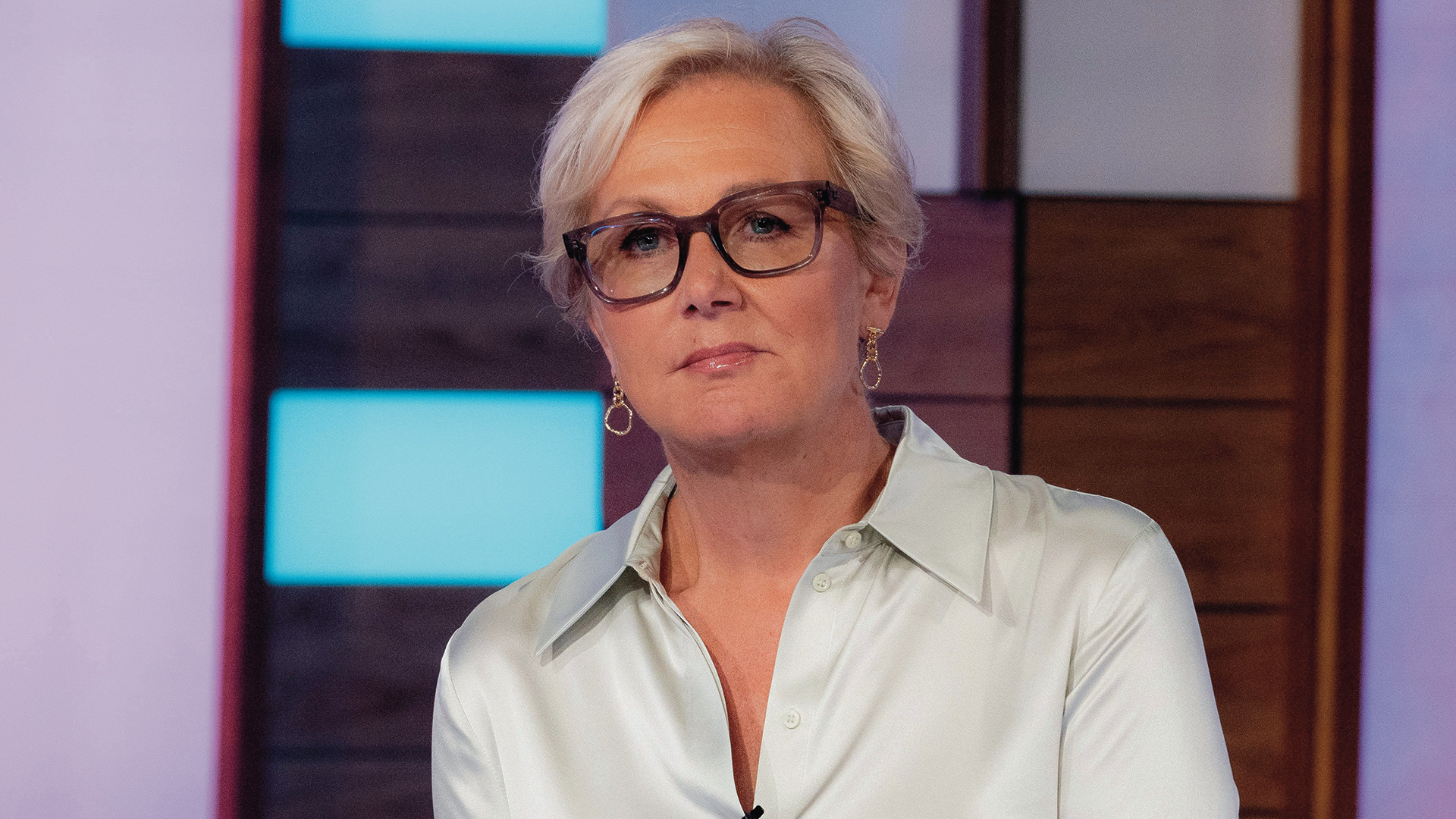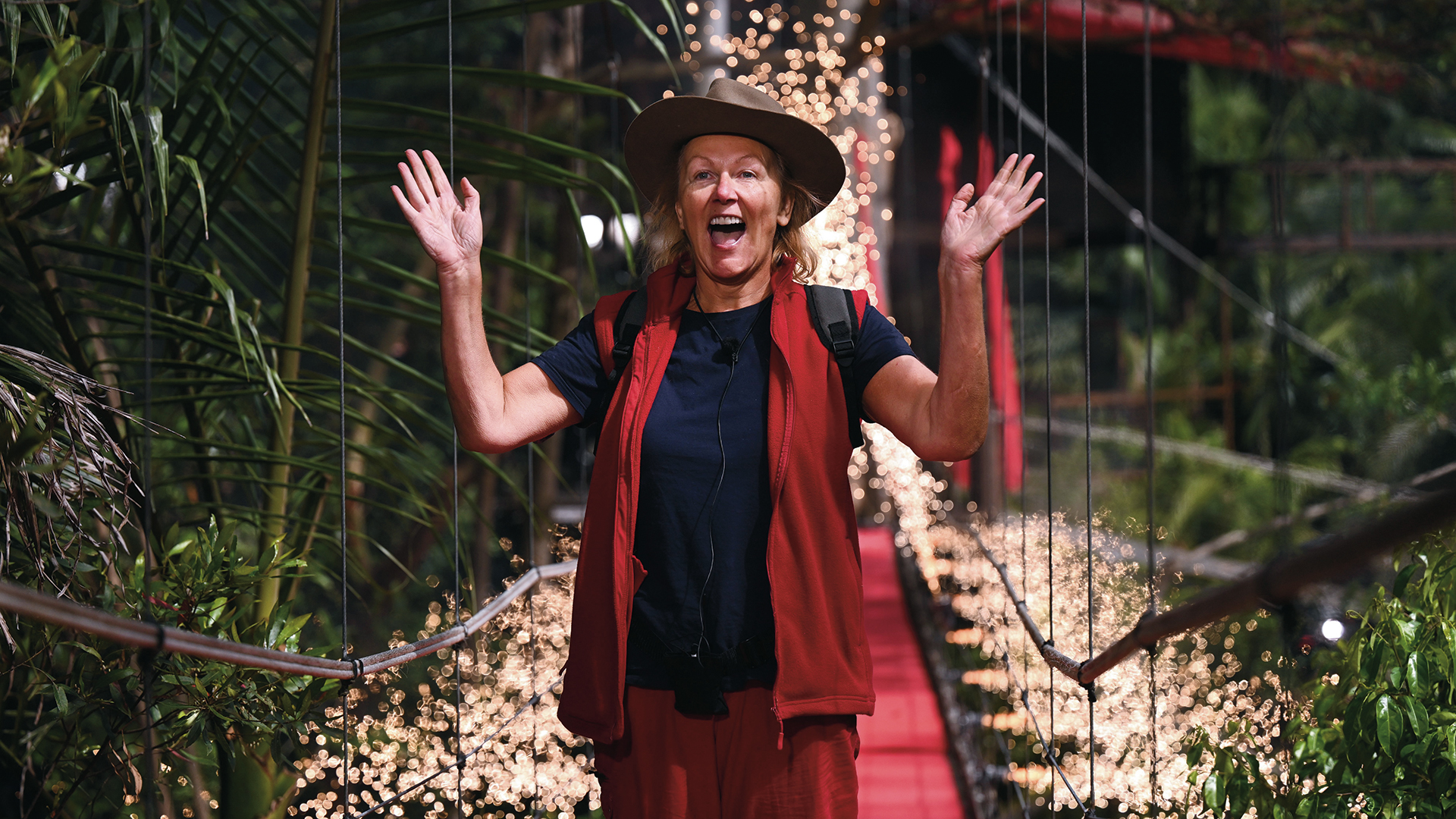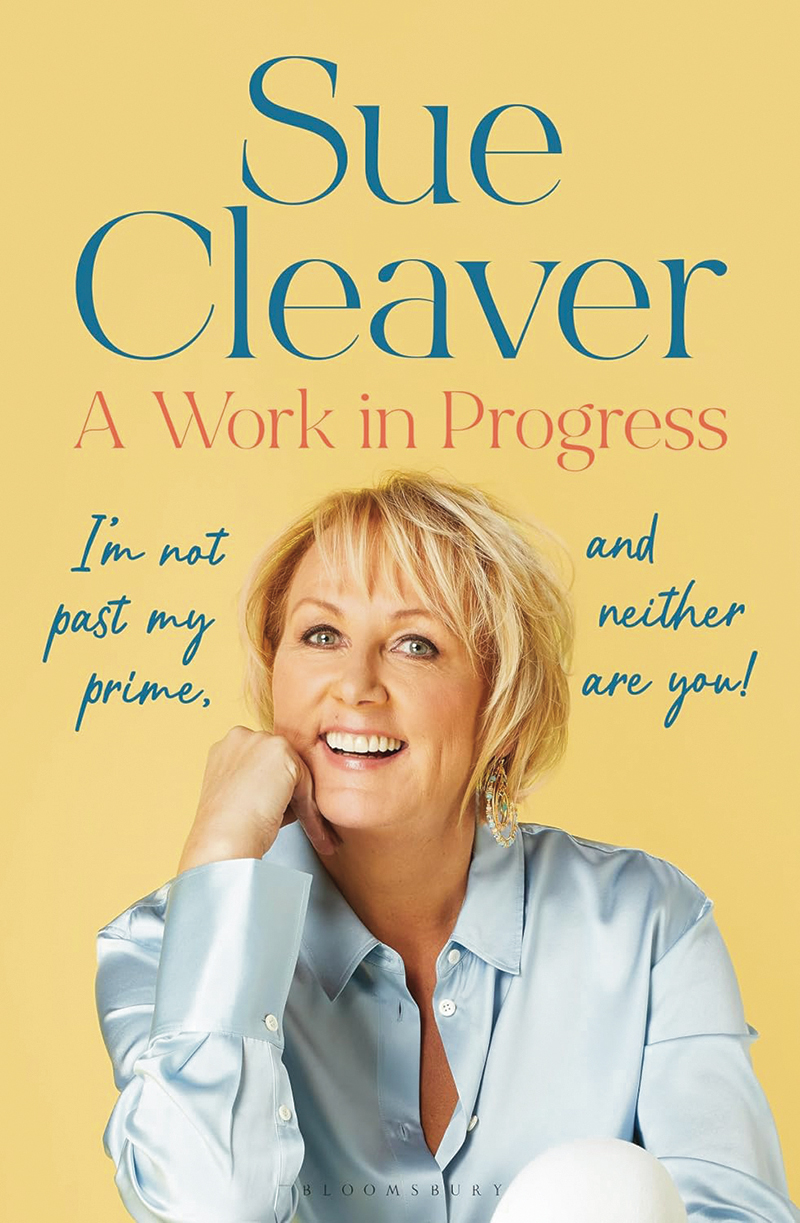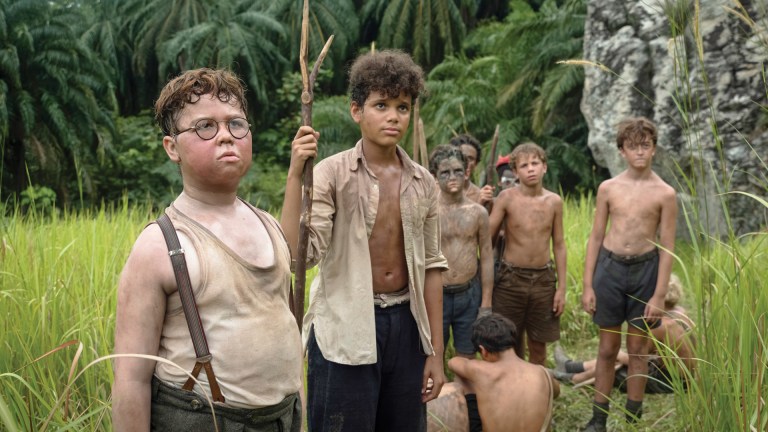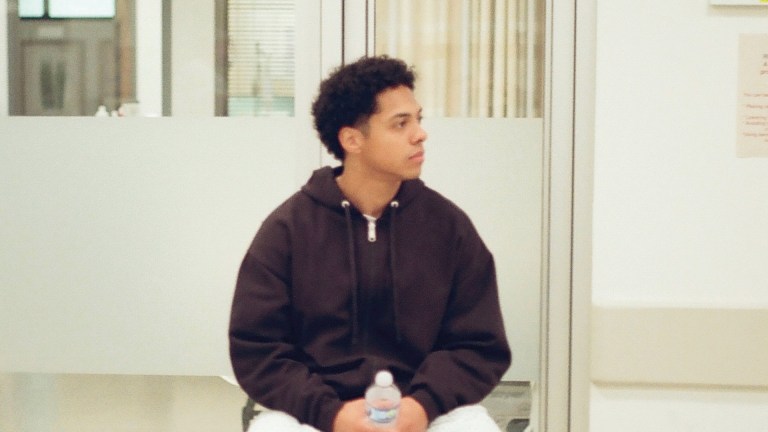Sue Cleaver was born in Barnet, Hertfordshire in 1963. She studied at the Manchester Metropolitan School of Theatre, then landed roles in A Touch of Frost, drama series Band of Gold and the film Girls’ Night alongside Julie Walters and Brenda Blethyn. After landing a role in the Johnny Depp and Cate Blanchett film The Man Who Cried, she was cast as Eileen Grimshaw in Coronation Street, a role she has held for 25 years. She is a trained psychotherapist. Last year, she published her first book, A Work In Progress.
As she prepares to depart the Cobbles this year for new pastures, Sue Cleaver spoke to Big Issue for her Letter to My Younger Self, looking back on being a rebel, accidentally finding her birth mother and getting the best night’s sleep in the jungle.
I had a very rebellious streak when I was 16 because I had massive attachment disorder, which I think came from being adopted. I had a very lovely family, they are wonderful. I love them very much. But being adopted threw up an identity crisis for me, and I was always struggling with that, searching for love in the wrong places. I was just a mixed-up kid who didn’t have any idea of what they wanted to do with their life. It was a hard time and I made bad mistakes. And I think what I was doing, in hindsight, though I didn’t realise it at the time, I was always running to the next thing, to the next adventure, to the next boyfriend. And a lot later in life I realised that all that time I wasn’t running to anything, I was running away from myself. That was the mistake I made in my teens and my 20s.
I had a ridiculous stint with a fella down in Plymouth. I moved down there the day I turned 16. I mean, nowadays, it would just be incomprehensible. So I didn’t even take my O levels. I just lost my way. I did come home, and eventually I moved to Canada as a nanny just to go away and make a fresh start. And that was where I discovered acting and drama. And I literally had this lightbulb moment. I went to see a friend in a show, in an amateur dramatics show, and I was in the audience, and I just went, oh my god, this isn’t very good. I could do this. This is what I should be doing. And that’s when I came home. I went back to college. I took my O levels and A levels. My parents were thinking, oh my god. What hare-brained scheme has she found now? I went to drama school, and that’s when everything changed for me. I found my passion.
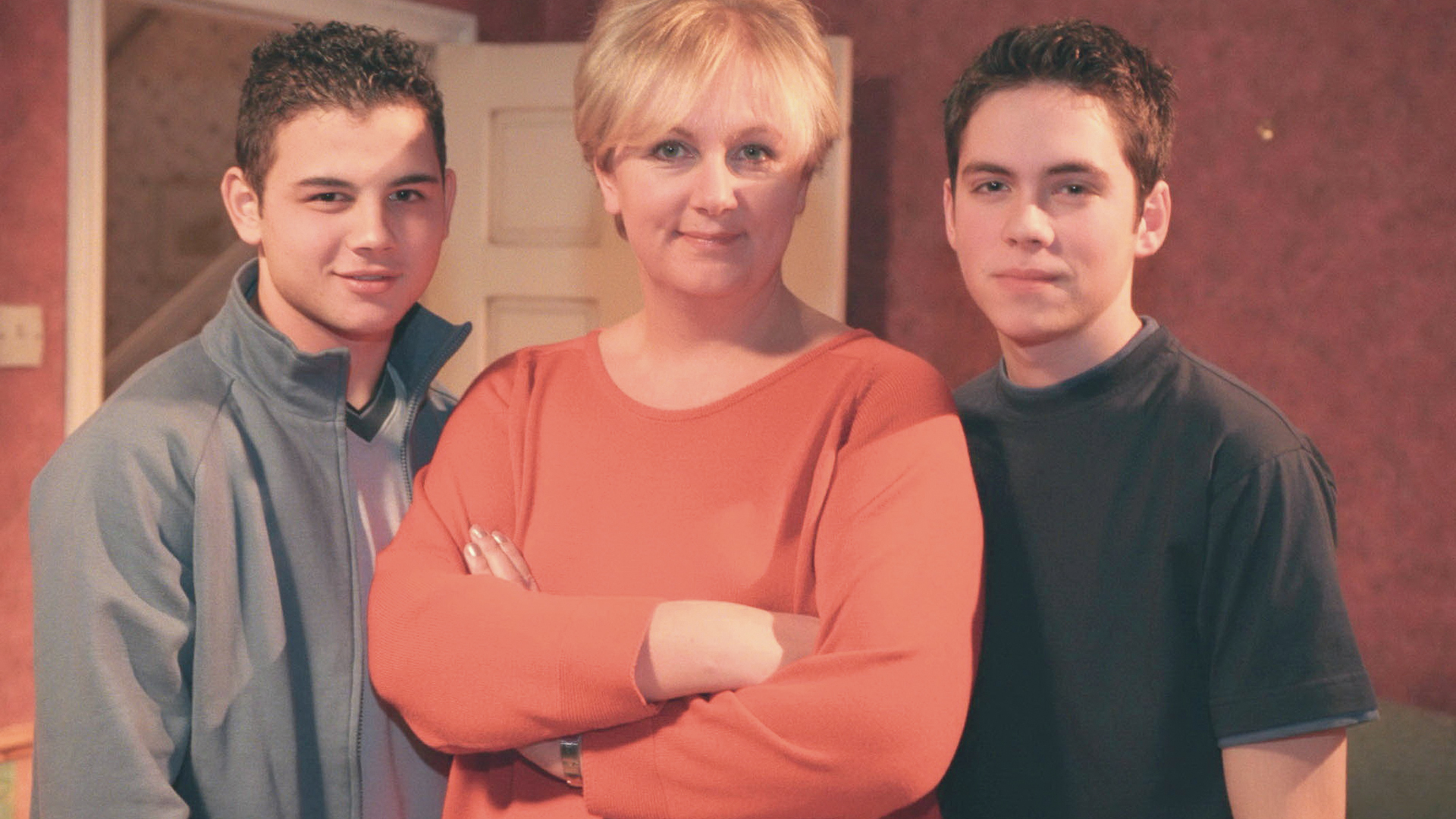
If you met the 16-year-old Sue I think you’d see Sue was always up for a laugh. She would have been the class clown. You know, on the outside I was fine. It was a secret world I was living. No one would have known what I was feeling. I was very, very good at acting at that stage, showing what I needed to show but keeping this secret pain inside of me. It took me years to sort myself out. I went to therapy, then I trained as a psychotherapist. I did a lot of work. I had that typical adopted child syndrome – growing up not knowing anyone who looks like you, not noticing any traits in yourself that the rest of the family have. You have a different way of seeing things. When I had my own child, it was like, oh my lord, somebody is there, somebody with the same blood as me. That connection was so important to me.
I found, quite by accident, my birth mother, so I have a relationship with her and my two half-sisters. The way I found her was uncanny. I was in one of my theatre jobs at the Royal Exchange Theatre, and there was an actor in there called Michael. When I walked in on the first day he said, “Gosh, she looks like the spit of my wife when I met her.” And to cut a very long story short, his wife was indeed my mother. I had a great relationship with my mum before she died. We’d all visit, we’d have dinners, we’d stay at each other’s houses. They were at my wedding. So it all went well between us.

